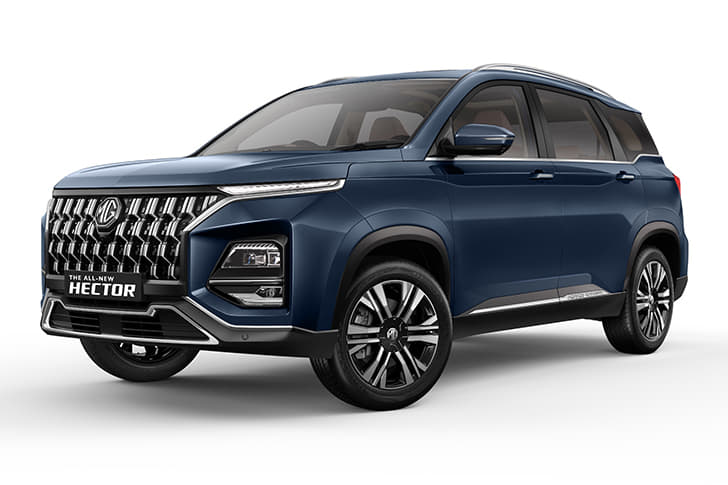Security vehicles, designed to withstand even the most determined attacks, are rarely shown or even discussed at motor shows. But at the recent IAA show in Munich, BMW revealed details of its latest concept that, apart from being powered by a hydrogen fuel cell system, is also bomb (and just about everything else) proof.
- Underside anti-magnetic to prevent sticky explosives from attaching
- Can withstand 7.62mm AK-47 rounds and blast from 15kg TNT
- Blast tests should help dispel safety of hydrogen fuel vehicles
It would be easy to assume that protecting a vehicle from an attack is as simple as adding some armour steel plate and glass, but the reality is more complex than that. What if the engine or cooling system is damaged (easy to do) and the vehicle rendered a sitting duck? What about hand grenades, or worse? As well as covering all the options, security vehicles also have to look like normal production versions and be quick off the mark, fast and handle well. (Those J-turns are not just the stuff of movies.)
BMW iX5 Hydrogen Protection: VR6 rating
With the iX5 Hydrogen Protection VR6, BMW wanted to show that it is possible to have a fully certified protection vehicle that is also zero-emission. VR6 is a ‘vehicle resistance’ class specified by the Association of Test Centres for Attack-Resistant Materials and Structures (also known as VPAM). The existing BMW X5 Protection VR6 is claimed to be the best-selling luxury ‘SAV’ private protection vehicle in the world, but the difference with the iX5 version is that it is powered by a hydrogen fuel cell system, rather than the mighty, 523bhp M Twinpower V8 petrol engine of the conventional Protection VR6.
BMW iX5 Hydrogen Protection: what it offers
The iX5 has armoured passenger, luggage cells and underbody protection made from high-strength steel. The underside is also anti-magnetic to prevent the attachment of ‘sticky’ explosive devices. The chassis is heavy duty and aluminium underbody armour protects against shockwave loads and splintering from grenade attacks.
Protection glass is 30mm thick and designed to provide post-blast protection. Even after an explosion, all windows remain in position, with no openings between glass and body, and all door, body and luggage compartment gaps are tightly sealed. The passenger compartment can also withstand a blast from 15kg of TNT from four metres as well as assault by the world’s most commonly used weapon, the 7.62mm-calibre Kalashnikov AK-47.
The standard version has an aviation-type leak-resistant fuel tank, but protecting hydrogen tanks and their valves needed a different approach in the shape of a non-magnetic, blast-resistant layered structure. That said, composite hydrogen tanks have been shown to be resistant to gunshots anyway and, as usual, these were subjected to burst and leakage tests.
It may seem that zero emissions might be the last thing on the mind of any customer needing this level of security, but these vehicles still have to conform to local laws, which include zero-emission zones they may need to operate in. The iX5 and the blast tests it has undergone should also help dispel any lingering doubts about the safety of hydrogen fuel.








































